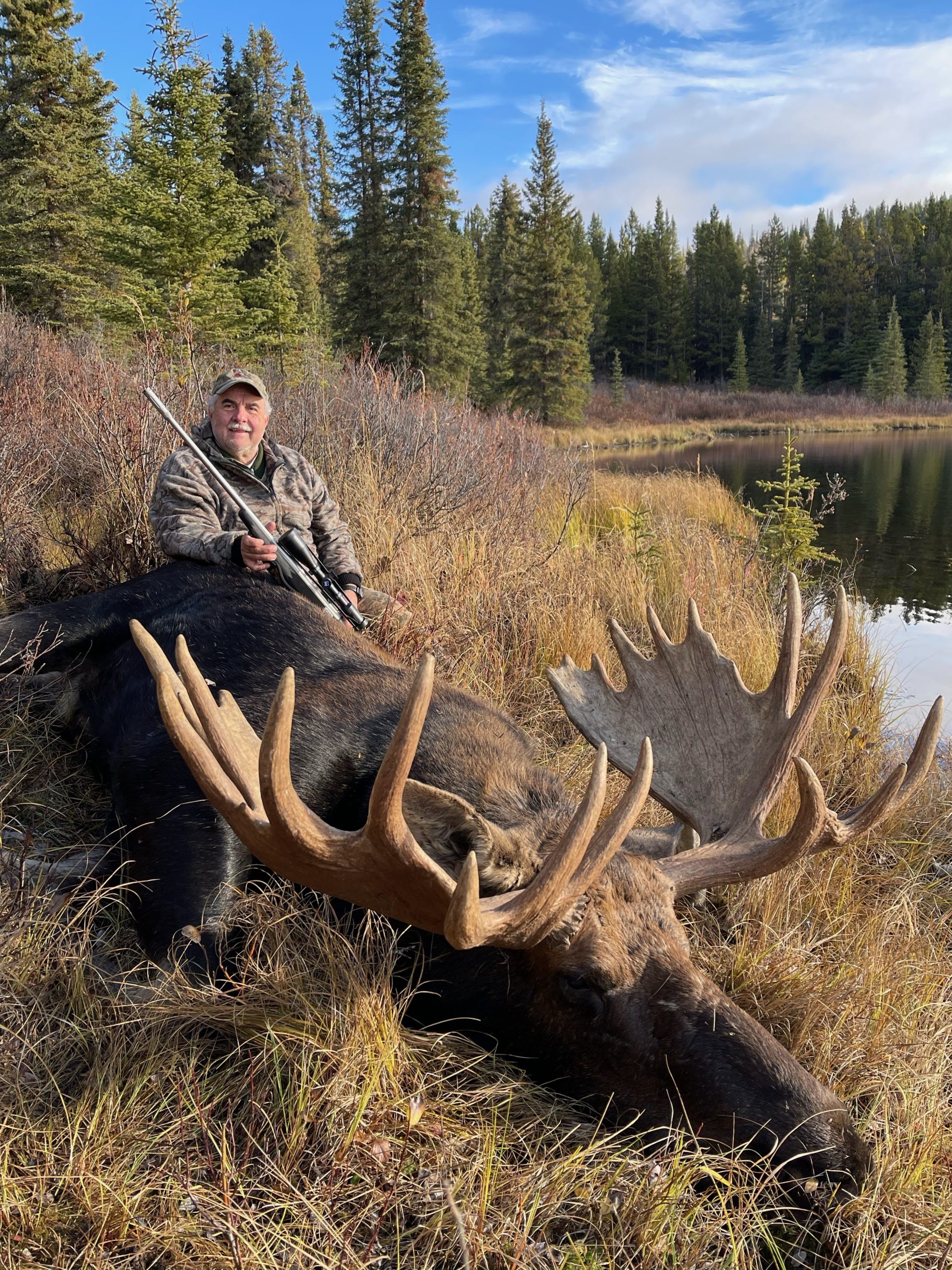What is the punishment for the sale of two black rhino horns?
27 months in prison, followed by three years of supervised release and a ban from antique and wildlife sales for life.
In March 2014, a California man sold two rhino horns to an undercover agent from U.S. Fish and Wildlife Service (USFWS) posing as a taxidermist in Las Vegas. The convicted man negotiated the sale and transported the horns from California to a casino hotel in Nevada. His actions violated both the Lacey and Endangered Species Acts.
A jury convicted the seller on September 14, 2017, but his sentence was only recently announced by Assistant Attorney General Jeffrey H. Wood for the Environment and Natural Resources Division of the Department of Justice, U.S. Attorney Dayle Elieson for the District of Nevada, and Acting Chief of Law Enforcement Edward Grace for USFWS.
This conviction was made possible through an undercover operation by USFWS and the Department of Justice. “Operation Crash” is a nationwide effort to investigate and prosecute those involved in the black market trade of rhinoceros horns. As of October 2017, Operation Crash had resulted in the prosecution and sentencing of nearly 50 subjects and recovery of approximately $7.8 million through fines, forfeiture, and restitution.
They called it “Operation Crash” because crash is the term for a herd of rhinos. For more info on black rhinos and their conservation story, check out the Spring issue of Game Trails, which will be heading to your mailbox soon!
Source: Department of Justice


